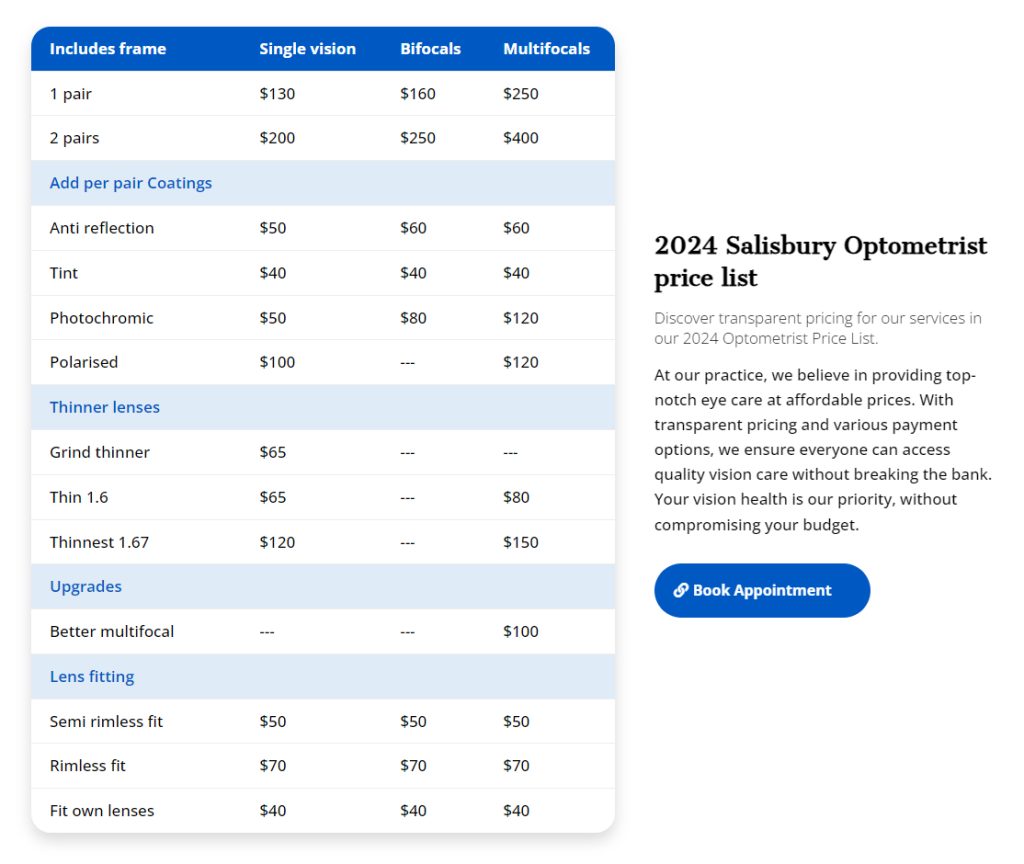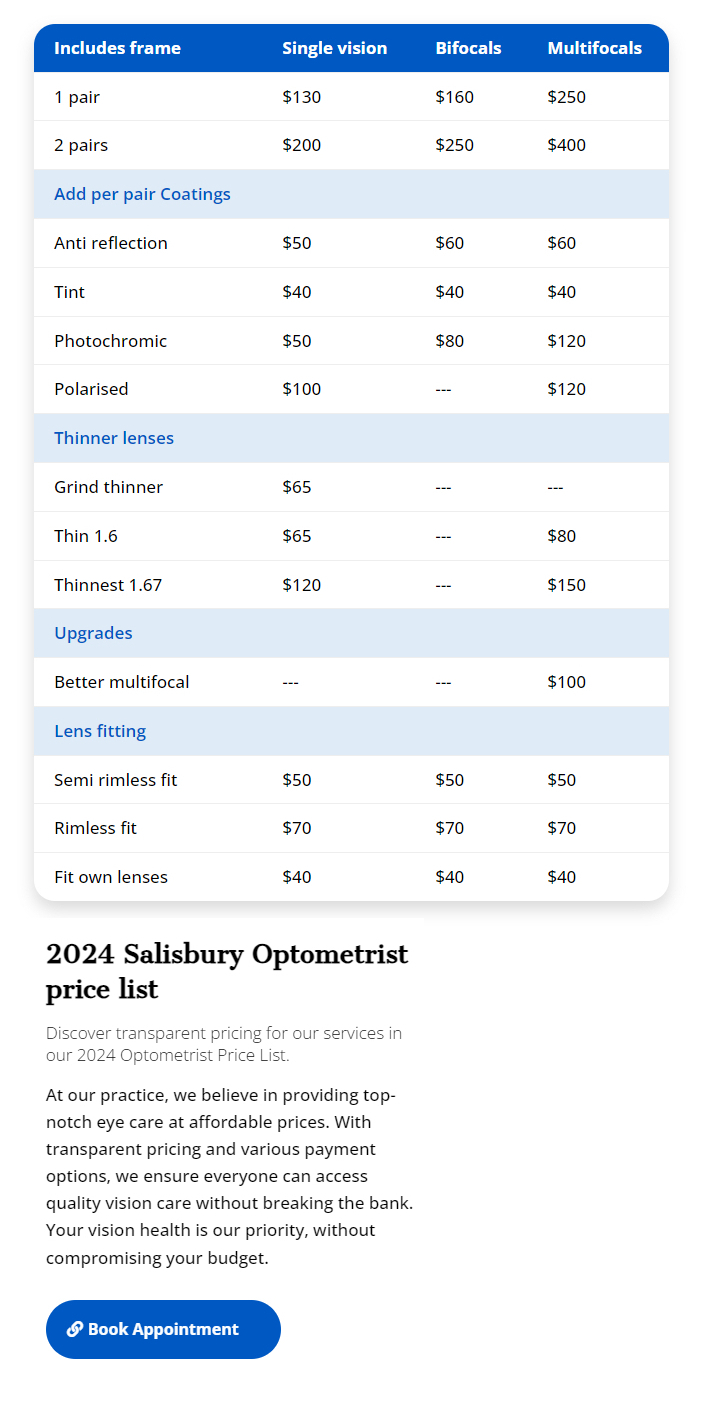If you are having eye problems or are in need of vision correction, contact lenses make for a perfect choice. This is ever so true and important if you don’t fancy wearing eyeglasses on a full-time basis. Furthermore, it’s ideal for anyone who doesn’t want to undergo surgery to help with vision correction. Before seeing your eye doctor for contact lenses there are a few things you should know about them. For example, you need to familiarise yourself with material used to create them.
In this post, we’ll be looking at the different types of materials used to create contact lenses. To effectively do this, we’ll look at four types of lens commonly used today.
Disposable Soft Lenses
Disposable soft lenses are made of soft, flexible hydrogels. Hydrogels are gel-like water-containing plastics that are not only pliable but also extremely thin. They were first introduced in the market back in the 1970s. Since then, their popularity and use has increased significantly. In fact, a good number of contacts worn by many around the world today are disposable soft contacts.
Why? Well, disposable soft lens are very thin. They also spot a design sure to suit just about any prescriptions. To top it all off, they are easy to wear and are generally very comfortable. If you are thinking of getting yourself this type of lens, do note that they are available in daily, two weekly and monthly designs.
High oxygen (Silicon Hydrogel) Disposable Soft Lenses
Introduced back in 2002, these silicone hydrogel lenses are viewed as advanced soft contact lenses. This is as a result of them being more soft and comfortable. Compared to regular hydrogel contacts, high oxygen disposable soft lens are more porous. What this does is increase oxygen breathability and permeability. In simpler terms, this helps to increase the amount of oxygen that reaches your cornea.
An increase in the amount of oxygen flow is very beneficial for your eyes and lens. For your eyes, it helps ensure your eyes always remain white and healthy. For your lenss, it makes them last longer by reducing wearing times. Similar to regular disposable contacts, this type of contact optics has a wide range of prescriptions. They also come in a variety of sizes and designs. This includes daily disposable optics, two week or monthly disposable lenses.
Rigid Gas Permeable Contact Lenses
Introduced back in 1978 to the market, rigid gas permeable contacts essentially replaced nonporous PMMA contact lenses. These lenses are made from hard plastics hence the name rigid gas permeable lenses. Key here is that the plastics are durable hence reducing the rate at which it wears down. Additionally, they help transmit oxygen through them thanks to the fact that they are porous in nature. This lens is sometimes seen as PMMA lenses too many given its features.
Furthermore, just like PMMA lenses, they can easily fit close to the eye. With this type of lenses, however, you can get even closer to the eye. This ultimately makes them more comfortable to wear. Of importance to note with this lens is that they provide sharper vision compared to the previous two (soft and silicone hydrogel lenses). This is more so true with people with astigmatism. Also key to note is that your eye might take some adjusting to them.
Hybrid Contact Lenses
Hybrid contact lenses offer the utmost wearing comfort thanks to their design. In fact, its level of comfort rivals that of soft and silicone hydrogel lenses. Of importance to note with this lens is that they spot a rigid gas permeable lens. This gives this lens, ability to deliver excellent optics of RGP optics.
What we love about this lens is the design. Hybrid contact lens spot an interesting design sure to make the adaptation of a soft lens easier. In most case, people with conditions like keratoconous use them frequently. This is a situation where one has an irregular corneal shape.
Despite its many favourable features, hybrid contacts tend to have a disadvantage. If you compare hybrid lenses to other contacts in the market, you’ll not they are the most difficult to fit. Even worse, they are very expensive to replace if you compare them to soft and silicone hydrogel optics.
For more information regarding contact lenses, we suggest you speak to one of our representatives. You can do so by dialling this Salisbury Optometrist number 08 8285 7100 or 0433 510 695. There is also an option of contacting our team via email. If you opt for this method of communication, do send an email to the official Salisbury Optometrist email address salisburyoptometrist@gmail.com.
Would you like to book an eye appointment? Visit Salisbury Optometrist Team Booker page and follow the on-screen instructions.




0 Comments